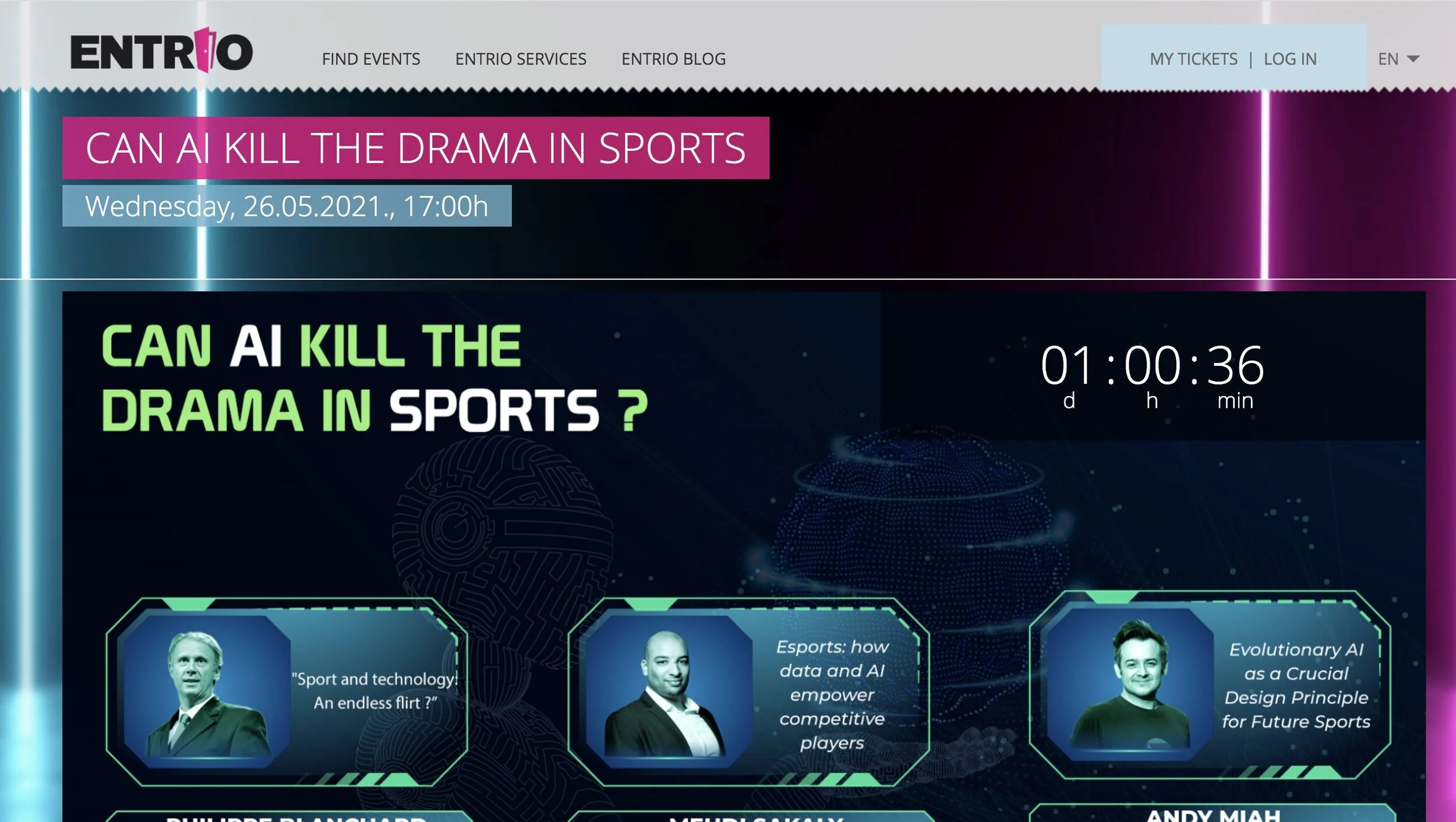
Make it stand out
What’s been happening?

Will Artificial Intelligence Kill the Drama in Sports?

Life After Extinction
![Posthumanism & Sport [VIDEO]](https://images.squarespace-cdn.com/content/v1/563face7e4b06c325c739ba9/1447019582694-VHW41G2KHEQ4PGOG6PB7/image-asset.png)
Posthumanism & Sport [VIDEO]

Creative Futures: The Rise of Biocultural Capital
Human Enhancement Technologies @ Swiss Re Centre for Global Dialogue
Future Sport

Edinburgh International Science Festival

Transhumanism and Technoethics
Humanity 2.0
Slavoj Zizek
Humanity 2.0 RSA
Virtual Futures 2.0
X-Men

Die Untoten
Posthuman Lifestyles: The Film
At long last, the footage from my inaugural lecture is online. Take a peek at the last 10 years of biology and computing to see whether 'the future has arrived'
BBC Focus
Posthuman Lifestyles
Posthuman Lifestyles
Extraterrestrial Ethics
Just published on the H+ website. The essay is about creating new life forms, which would explore and appropriate outer space environments, not our discovery of life forms.
